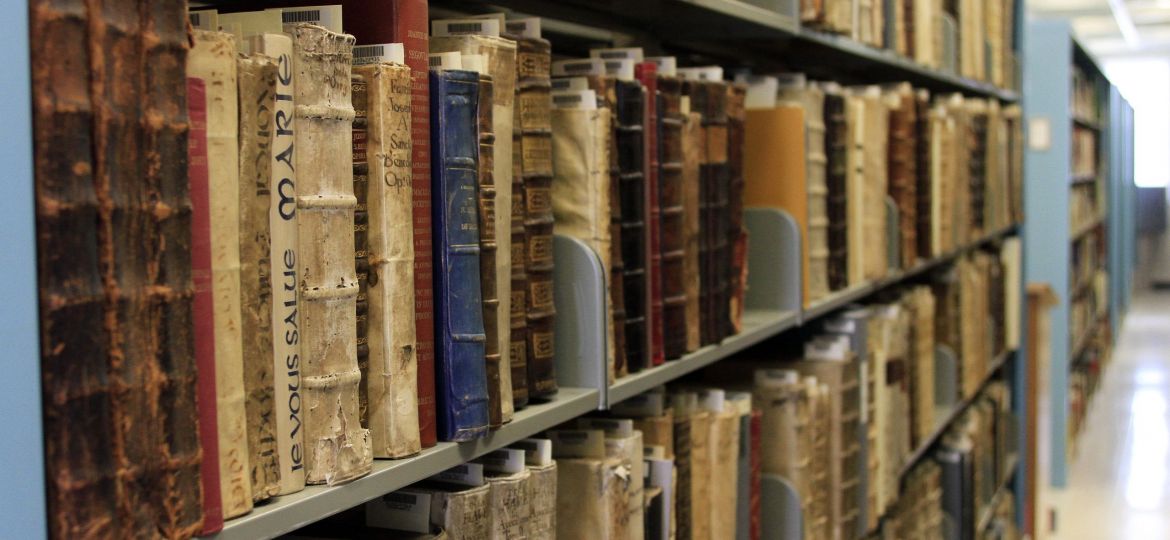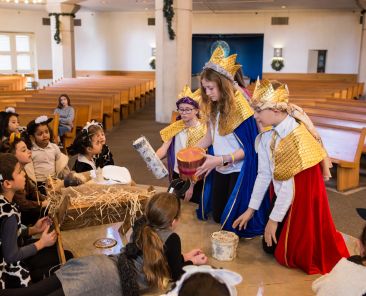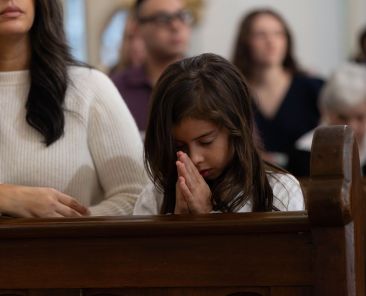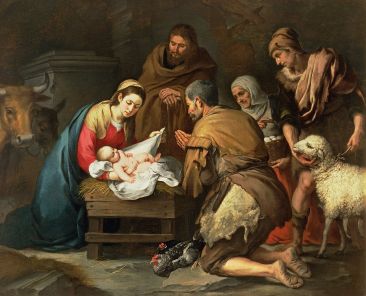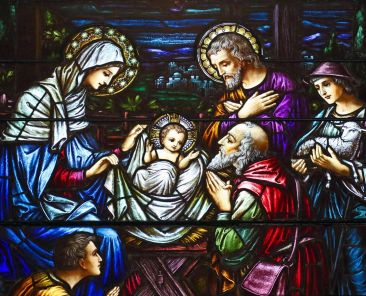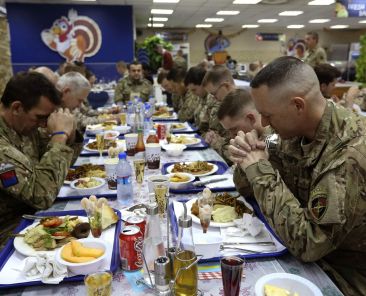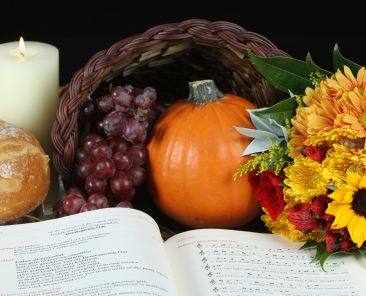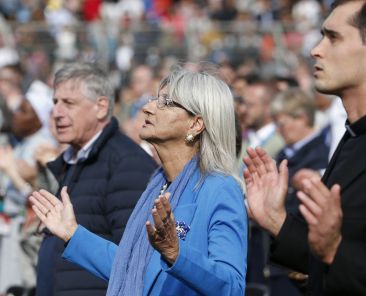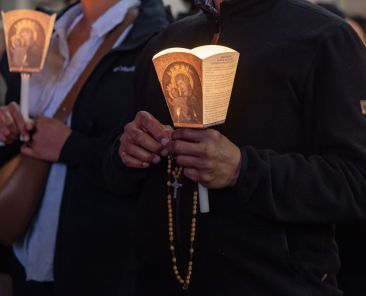I recently enjoyed a wonderful apocalyptic novel, “Lord of the World,” by the British author and priest, Robert Hugh Benson. I was excited to read this book because I learned that recent popes (such as Benedict XVI, Francis, and Leo XIV) have spoken about it as a prophetic reflection of our times.
When I was in seminary abroad, I traveled to Ukraine over winter break to visit friends. I stayed in a 600-year-old house in the eastern part of the country. It was a simple home with few modern comforts. In fact, I was only ever in the main living space, gathered around a large wood-burning hearth that served as the heart of the house.
As the year draws to a close, many of us find ourselves reflecting on the months gone by — our successes, our failures, and the opportunities we embraced or missed. Some may already be drafting resolutions for the new year, hoping to chart a better course ahead. In the midst of these reflections, I invite you to consider one resolution that is often overlooked but deeply essential: nurturing the spiritual lives of our children.
I used to go hunting with my dad. Well, technically, he went hunting, and I tagged along for the adventure. I was never much of a gun guy — more of a fisherman — but I loved everything that came before the hunt.
The days are darkest in late December. Our calendar year ends with the briefest appearances of sunlight. The wintry chill that covers so many lands, the leafless trees, and the absence of flowers and plants all provide a hint of death at work in the sleeping earth.
With Thanksgiving Day coming up, and given the social climate in our country, I am moved to reflect on the connection between love and criticism.
As we gather to celebrate Thanksgiving, my heart is filled with gratitude for you. Throughout this past year, as I have traveled across our beloved Diocese of Dallas and encountered so many wonderful parishioners who cherish their Catholic faith, I am continually reminded of the countless blessings God has bestowed upon us.
As we approach the end of the liturgical year, the Church invites us to reflect deeply on the four last things: death, judgment, heaven, and hell. These themes are not meant to frighten us but to prepare us. They help us to remember that our journey on earth is temporary; we are people in transit, moving toward our eternal destination.
The two petitions that conclude the “Our Father” prayer form a single sentence. “And lead us not into temptation” is inseparable from “but deliver us from evil,” according to faith as well as grammar. And just as the word “temptation” needed to be mined for deeper insights, so too does the word “evil.”
As Catholics, how should we imagine our relationship with the world? We often talk about “walls” and “doors” and “bridges” to explain how the Church should either connect to the world for the sake of evangelizing it or separate herself from the world for the sake of remaining faithful to God.
In the journey of life, problems, storms, and worries are inevitable. Sometimes we encounter trials that shake our foundations, moments when our faith is tested, or seasons when our hope seems distant.

